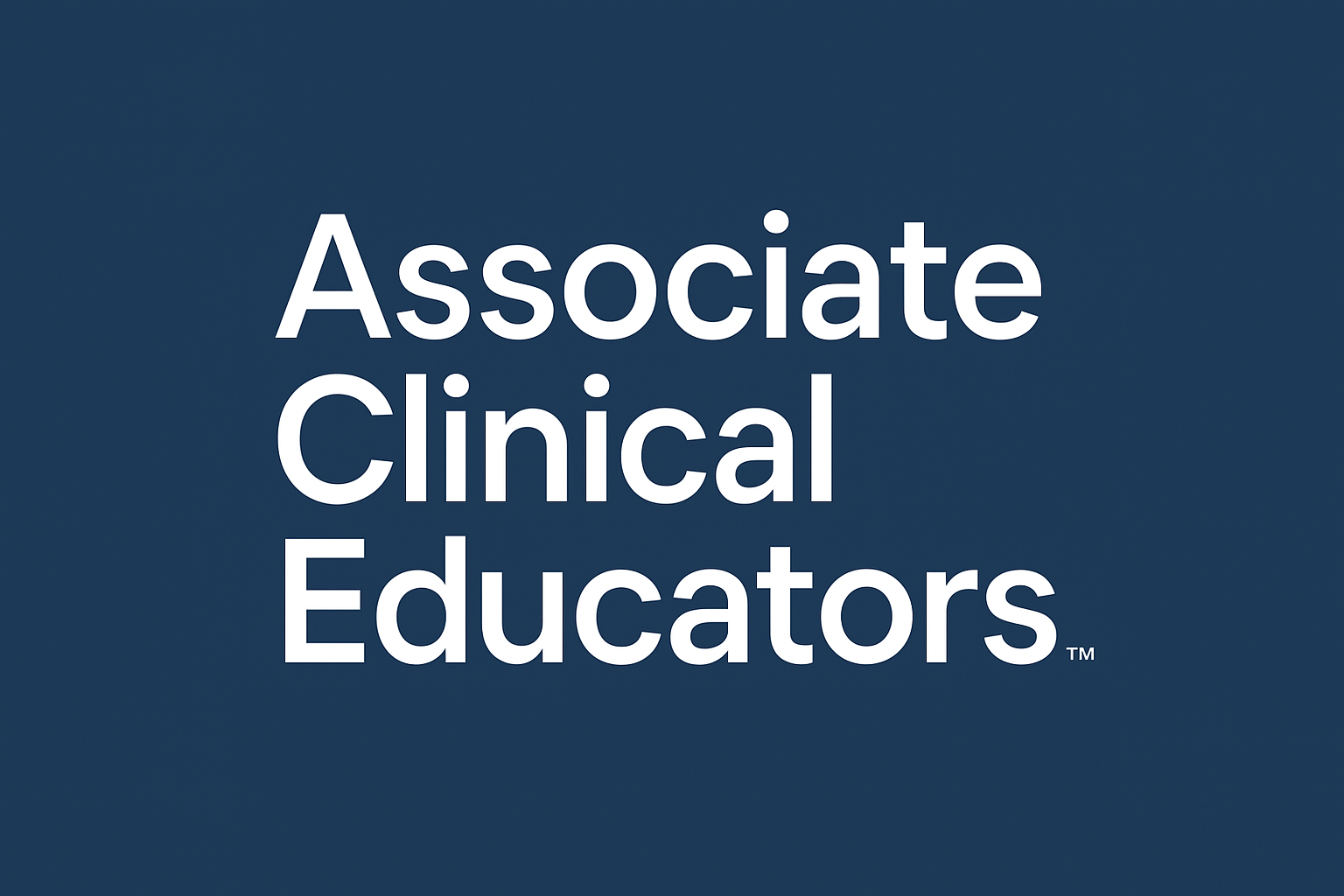A Note of Thanks From Meducate Academy — A Moment of Reflection
A Note of Thanks From Meducate Academy — A Moment of Reflection As the year draws to a close, it...
Read Moreby R Spour | Dec 11, 2025 | Associate Clinical Educators, Matt Chapman, Meducate Academy | 0 |
A Note of Thanks From Meducate Academy — A Moment of Reflection As the year draws to a close, it...
Read Moreby R Spour | Oct 11, 2025 | Associate Clinical Educators, Meducate Academy | 0 |
Empowering Ethical Learning Through Strategic Collaboration Introduction Modern medical education...
Read Moreby R Spour | Apr 30, 2025 | Associate Clinical Educators, Clinical Education, Meducate Academy | 0 |
Medicine has always carried an expectation of certainty. Patients seek definitive answers....
Read Moreby R Spour | Mar 14, 2025 | Associate Clinical Educators, Meducate Academy | 0 |
Struggling with your OSCEs? Want to ensure a spectacular failure? The Objective...
Read Moreby R Spour | Feb 28, 2025 | Associate Clinical Educators, Meducate Academy, Pharmacy Education | 0 |
Meducate Academy is at the forefront of pharmacy education, equipping pharmacists with the skills...
Read Moreby R Spour | Jan 24, 2025 | Meducate Academy, Pharmacy Education | 0 |
Critical Thinking and Writing for Undergraduate Pharmacists Developing critical thinking and...
Read Moreby R Spour | Nov 15, 2024 | Associate Clinical Educators, Clinical Education, Meducate Academy | 0 |
Associate Clinical Educators™ vs. Simulated Patients: Defining Roles in Medical Education In the...
Read Moreby R Spour | Oct 27, 2024 | Associate Clinical Educators, Meducate Academy | 0 |
Boost Your Clinical Skills: Join the Pharmacist Workshop in Birmingham in March 2025! After a...
Read Moreby R Spour | Sep 30, 2024 | Associate Clinical Educators, Meducate Academy | 0 |
Welcome to Meducate Academy’s 2nd year running Interactive Workshops at The Pharmacy Show...
Read Moreby R Spour | Jun 4, 2024 | Associate Clinical Educators, Chester University, Meducate Academy | 0 |
In medical education, the term “patient journey” refers to the comprehensive pathway a...
Read Moreby R Spour | May 28, 2024 | Associate Clinical Educators, Meducate Academy | 0 |
Meducate Academy – Reflecting on Our Recent Achievements and Future Goals in Medical...
Read Moreby R Spour | Apr 21, 2024 | Associate Clinical Educators, Meducate Academy | 0 |
In the demanding landscape of healthcare, where stress and burnout loom large, mindfulness emerges...
Read More
